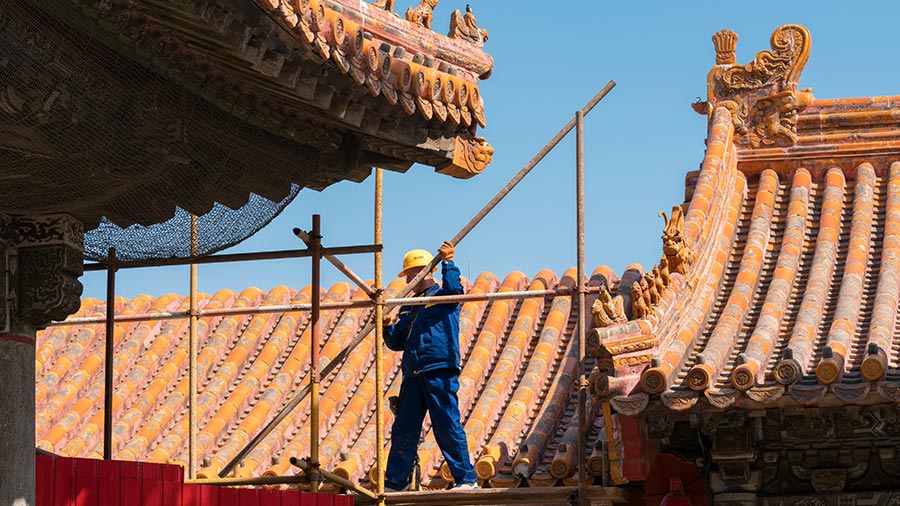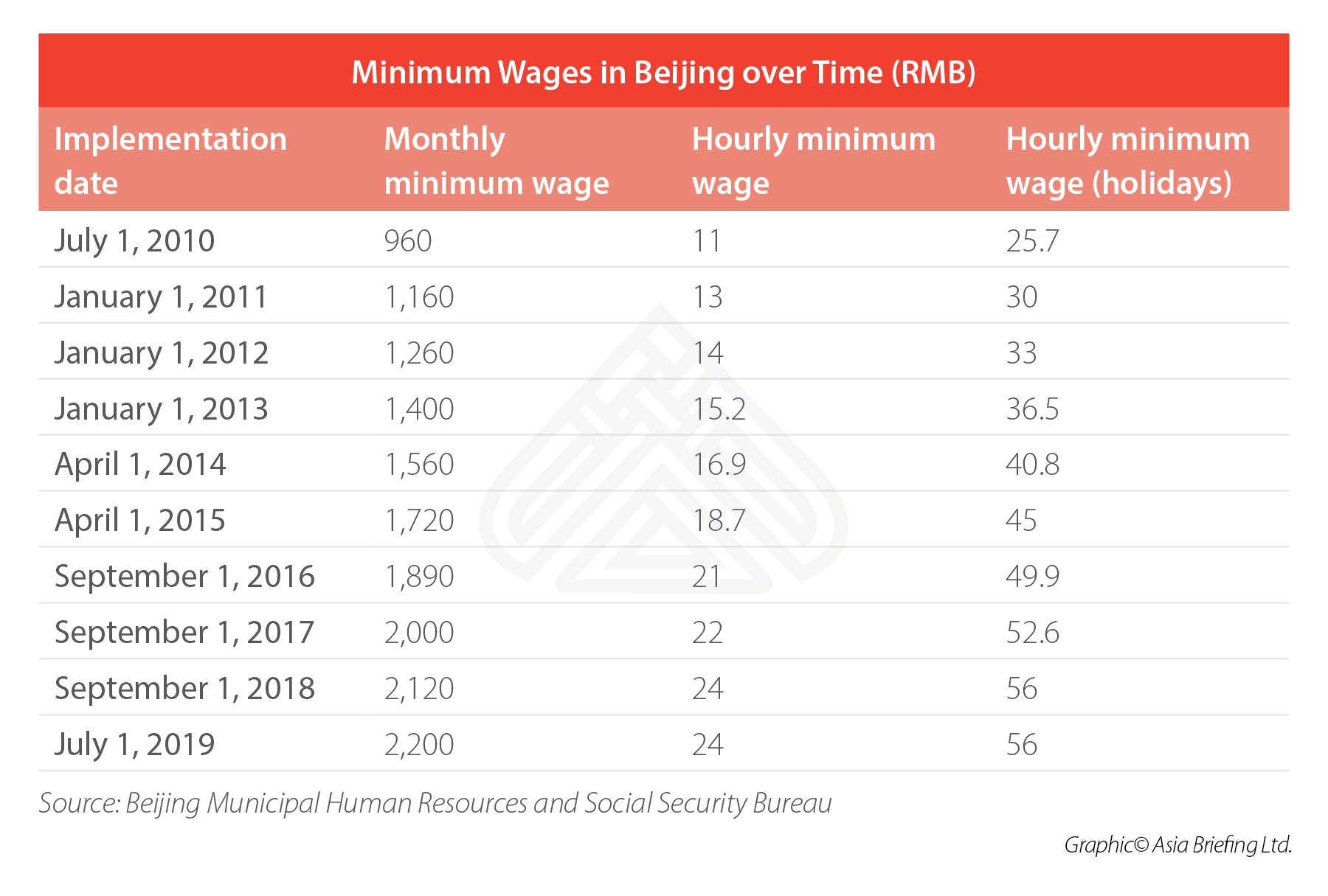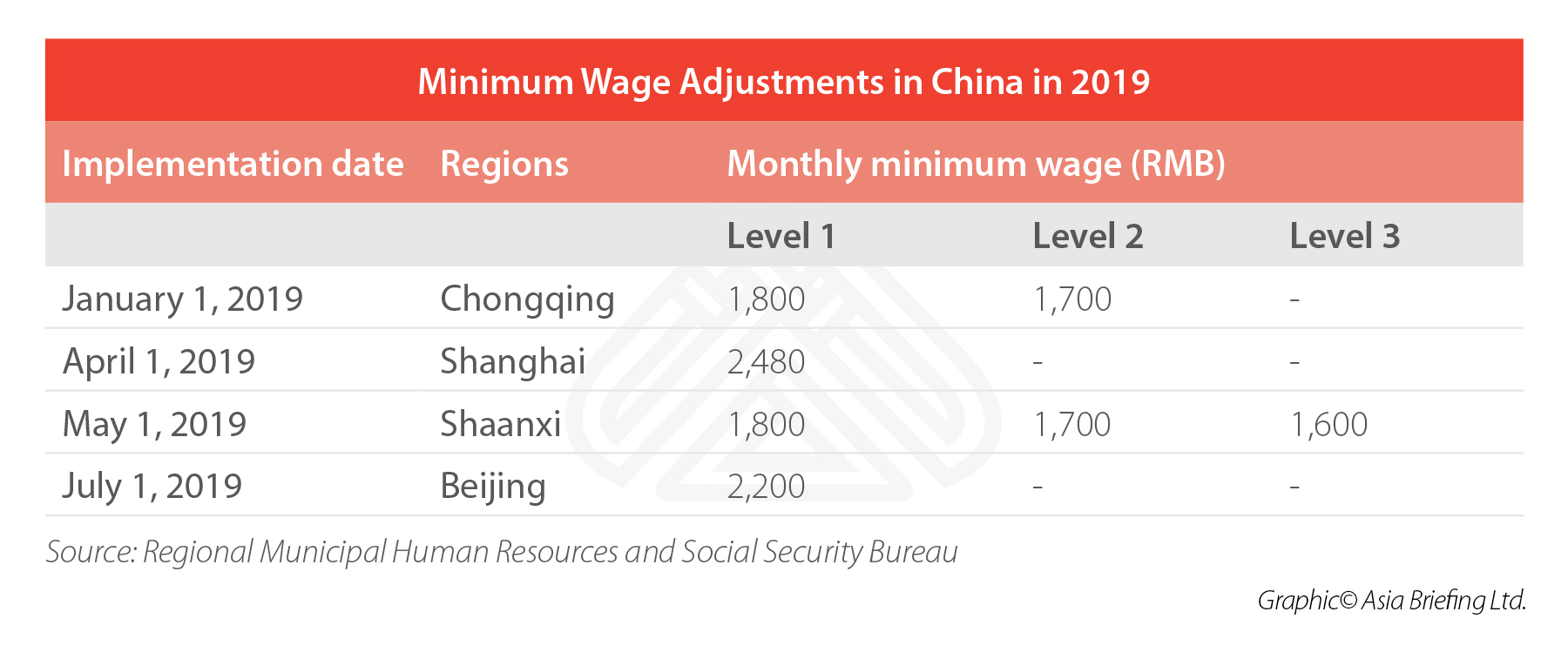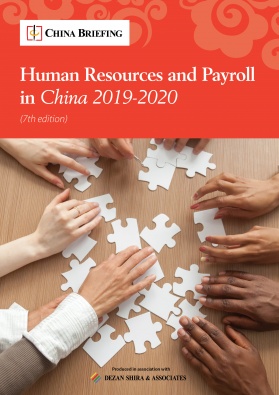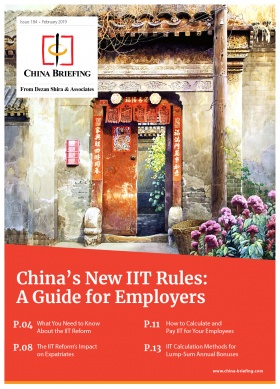Beijing to Raise Monthly Minimum Wage from July 1
Beijing’s monthly minimum wage for full-time employees is set to rise on July 1, 2019.
On May 9, the Beijing Municipal Human Resources and Social Security Bureau announced plans to raise the city’s minimum wage from July 1, 2019.
The monthly minimum wage for full-time employees will be raised from RMB 2,120 (US$309) to RMB 2,200 (US$321). The hourly wage for part-time employees, however, will remain at RMB 24 (US$3.5) on normal working days and RMB 56 (US$8.2) on statutory holidays.
With the increase, Beijing and Shenzhen will both have the second highest monthly minimum wage in mainland China, following Shanghai at RMB 2,480 (US$361).
Despite not increasing the hourly minimum wage, Beijing’s will still be the highest in the country, ahead of Shanghai.
Minimum wages in Beijing
Beijing has adjusted its minimum wage every year this decade, but the rate of increase has slowed. In 2018, the monthly minimum wage was increased by six percent from RMB 2,000 (US$291) to RMB 2,120 (US$308), while this year’s growth rate is only 0.38 percent.
What does the minimum wage include and exclude?
In addition to basic wages, employers must also make social insurance and housing provident fund contributions for full-time employees.
In China, pension, medical insurance, unemployment insurance, and housing provident fund contribution is paid by enterprises and individuals jointly, while the employment injury insurance and maternity insurance premium is paid by enterprises entirely. Every month, the three individual pays of social insurance (pension, medical insurance, and unemployment insurance) and housing provident fund are withheld by companies.
Depending on the region, regulations vary as to whether the individual contributions of social insurances and housing provident fund are included or excluded in the basic wage or the minimum wage.
Sichuan province, for example, includes the individual social insurance and housing provident fund contribution in the minimum wage, which means that except for the basic wage, the employer only needs to cover the additional overtime pay and special allowances for the employees.
However, cities such as Beijing and Shanghai exclude the social insurances and housing fund from the basic wage. Beijing’s minimum wage also excludes overtime pay, the allowance for workers under special working conditions (such as middle shift, night shift, high temperature, low temperature, underground, toxic and harmful, and other special working conditions), and more. Therefore, in addition to the base salary, the employer must also pay the above items to the employees.
Su Hainan, the vice president of the China Labor Association, said the minimum wages that do not include “five social insurance and one housing fund” have a higher “gold content” because employers need to pay additional money and employees get more take-home pay.
Which regions will raise the minimum wage this year?
So far, four regions in China have raised or announced plans to raise the minimum wage this year: Beijing, Shanghai, Chongqing, and Shaanxi.
Resources and Social Security requires Chinese provinces and regions to adjust the minimum wage standard at least every two or three years based on the local economic situation.
Zhejiang, Tianjin, Fujian, Hunan, Guizhou, Gansu, Qinghai, and Inner Mongolia are among the regions without a minimum wage increase in almost two years, while Hebei has not raised its minimum wage in almost three years. These regions therefore may raise their minimum wages later in the year.
About Us
China Briefing is produced by Dezan Shira & Associates. The firm assists foreign investors throughout Asia from offices across the world, including in Dalian, Beijing, Shanghai, Guangzhou, Shenzhen, and Hong Kong. Readers may write to china@dezshira.com for more support on doing business in China.
- Previous Article Hong Kong and Australia Sign New FTA
- Next Article Human Resources and Payroll in China 2019-2020 – New Publication from China Briefing
